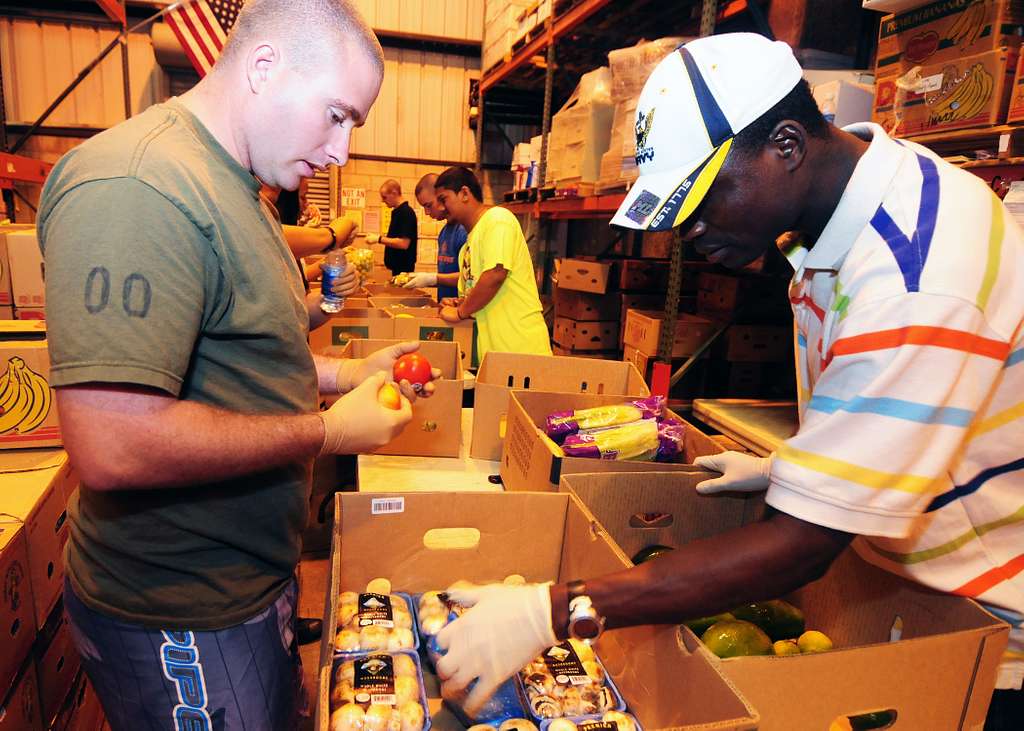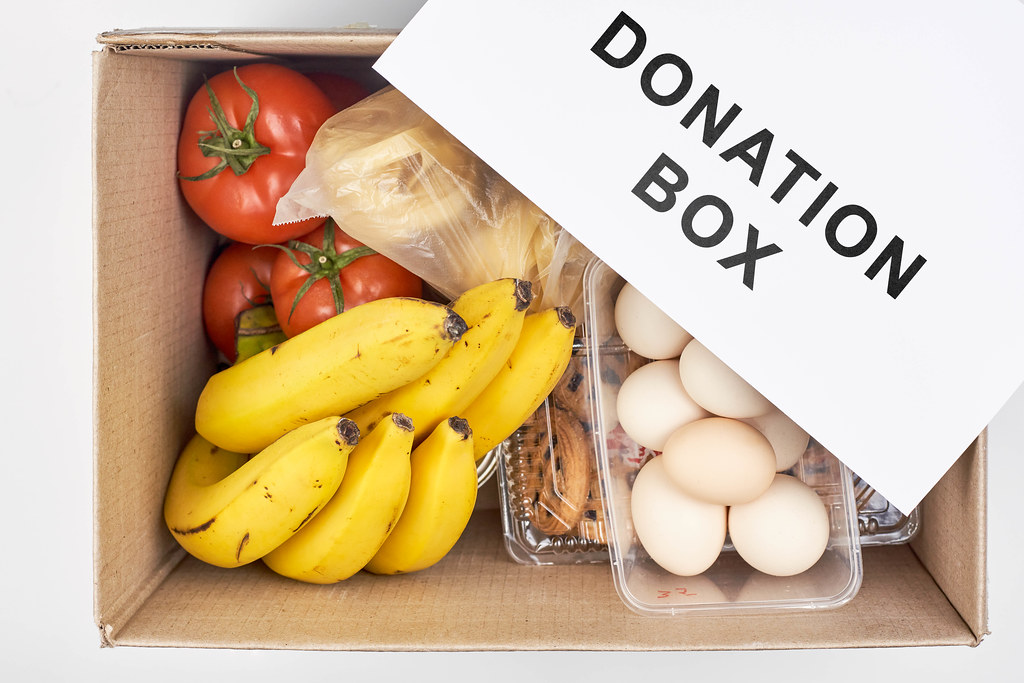According to the Food and Agriculture Organization of the United Nations, 842 million people were undernourished in 2017. This means that 1 in 9 people on the planet does not have enough food to lead a healthy life. And this number continues to rise year after year. Moreover, malnutrition is responsible for the deaths of 3.1 million children every year.
While there are many factors that contribute to world hunger, food donations can make a significant impact. That’s because they provide the much-needed nourishment to those who are struggling to get by, and also help to support local economies.
So how can food donations help world hunger? Find out more as you keep reading this post.
A Little Food Donation Can Go A Long, Long Way

One way that food donations address the issue of world hunger is by providing meals for those people who have insufficient food or no means to buy food for themselves. The reality is, more and more people are having challenges to provide food at their own table because they are either laid off from work (especially, due to the COVID-19 pandemic) or lack access to clean and healthy food. Food donations help fill this gap by providing hot meals for those who are in need.
In addition to providing free meals, provisions donated by kind-hearted individuals and organizations provide much-needed nutrients to keep the impoverished healthy. And this can help to improve their health as well as their quality of life.
Aside from that, food donations can also help support local economies. When people donate food to local charities like Second Harvest of the Greater Valley, this typically comes from local farmers and producers. This means that the sale of the food stays within the local community.
This can help boost the local economy and create jobs. Moreover, it helps to keep farmers in business, which is important for food security. Food donations can therefore have a positive effect on the local community.
Tips When Donating Food
When donating food, it is important to make sure that the food is safe to eat. This means that the food should not be past the expiration date, and it should not be damaged. It is also important that the donated food is compatible with the dietary needs of those who will be eating it.
What If You Can’t Donate Food But Still Want To Help?
If you can’t donate food, there is still a way to fight world hunger in your own backyard, and that is by volunteering your time at a food bank.
Food banks are organizations that provide meals and snacks to those who are struggling to get by. And food bank volunteers also provide food for people who are in need during emergencies. Volunteering your time at a food bank can help make a difference even if you can’t donate food.
In addition to volunteering your time, you can also help the community reduce food waste and distribute food to areas where hunger is a known problem.
Conclusion
Donating food can have many benefits for both the donor and the recipient. For the donor, it is a way to give back to their community. And for the recipient, it is a way to access clean and nutritious food. Not only does it help those who are in need, but it can also support the local economy.
If you are able to donate food, please consider doing so. Your donation can make a world of difference. You can help make a change by being a food bank volunteer at Second Harvest Food Bank of the Greater Valley.
